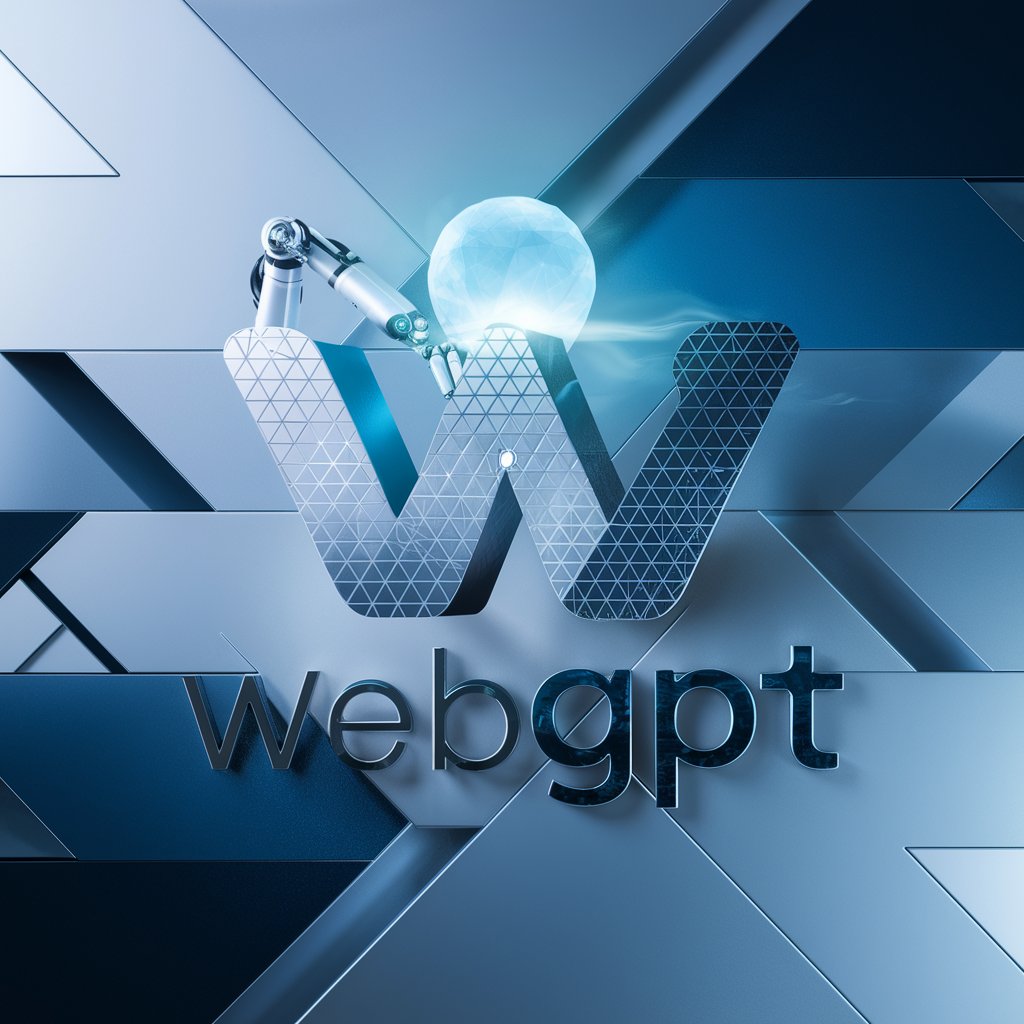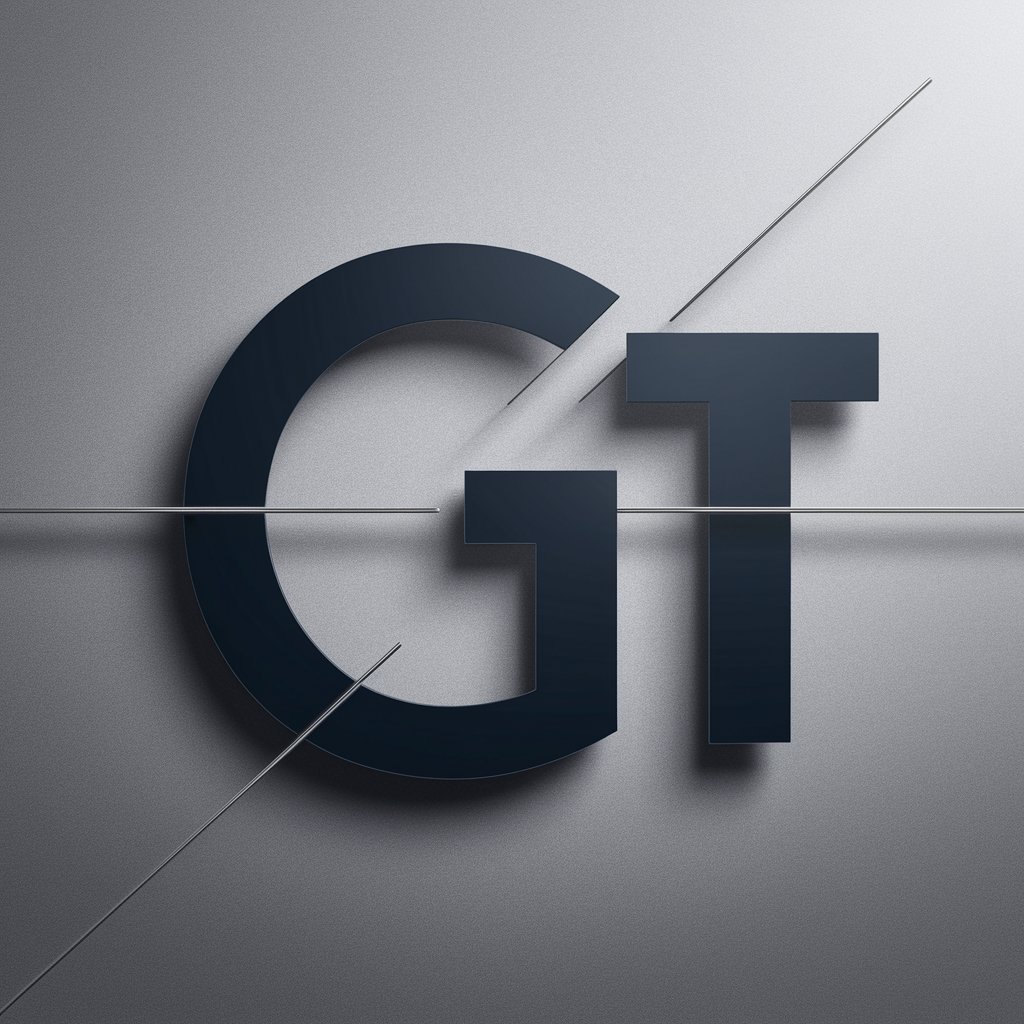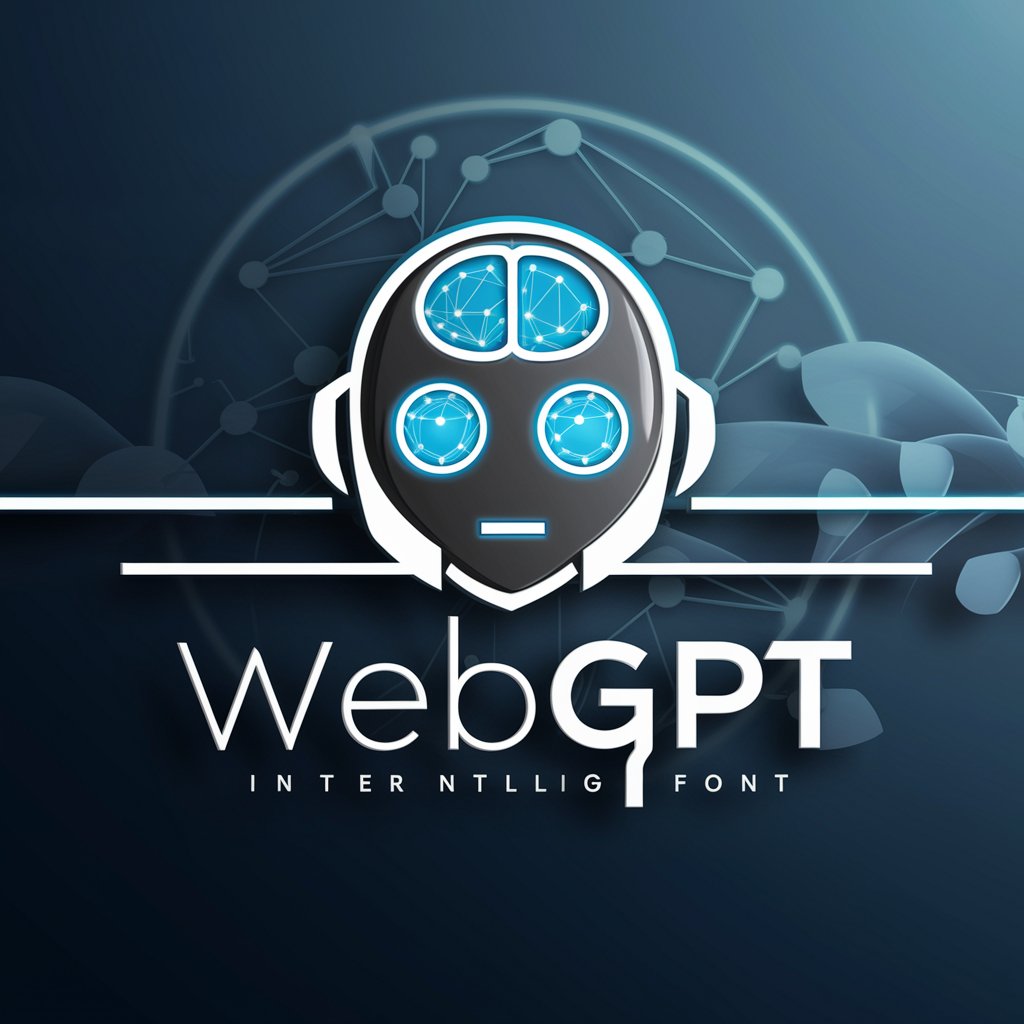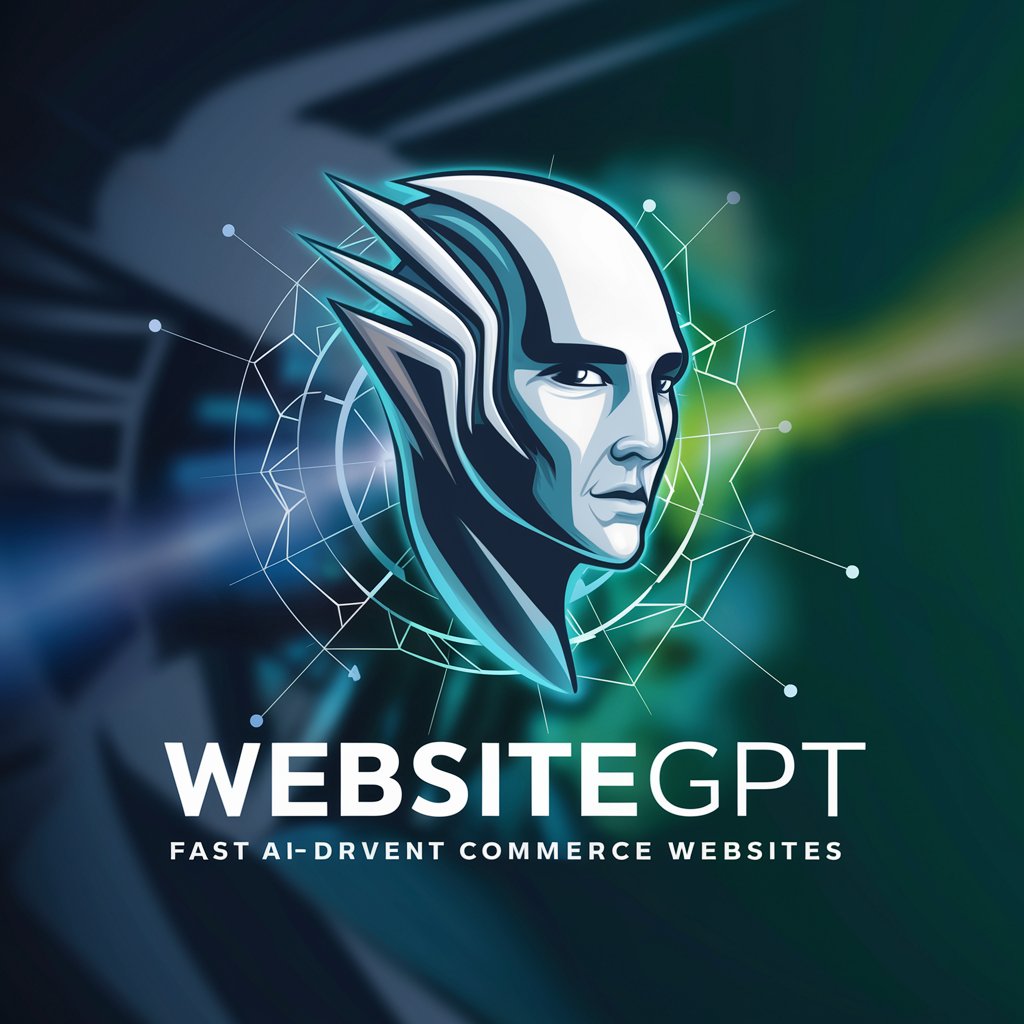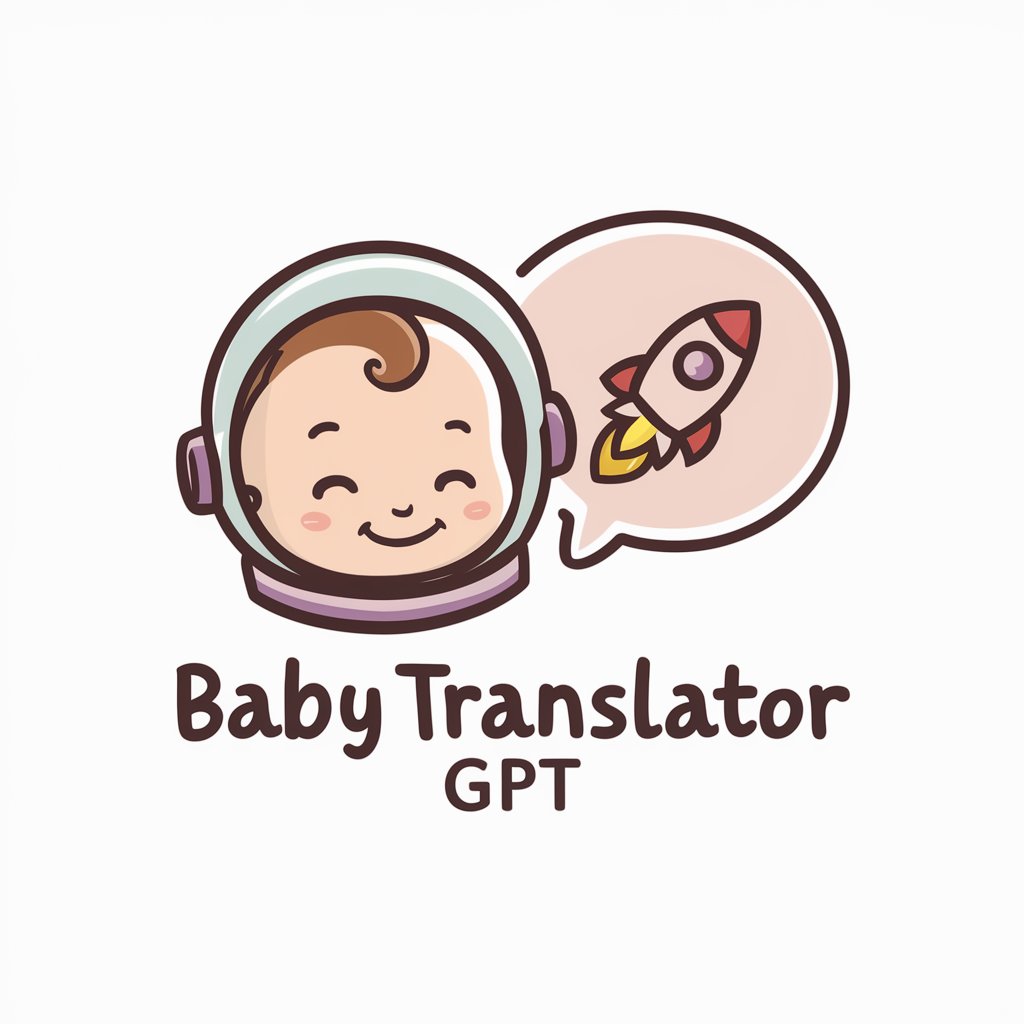
WebGPT - up-to-date, AI browsing tool
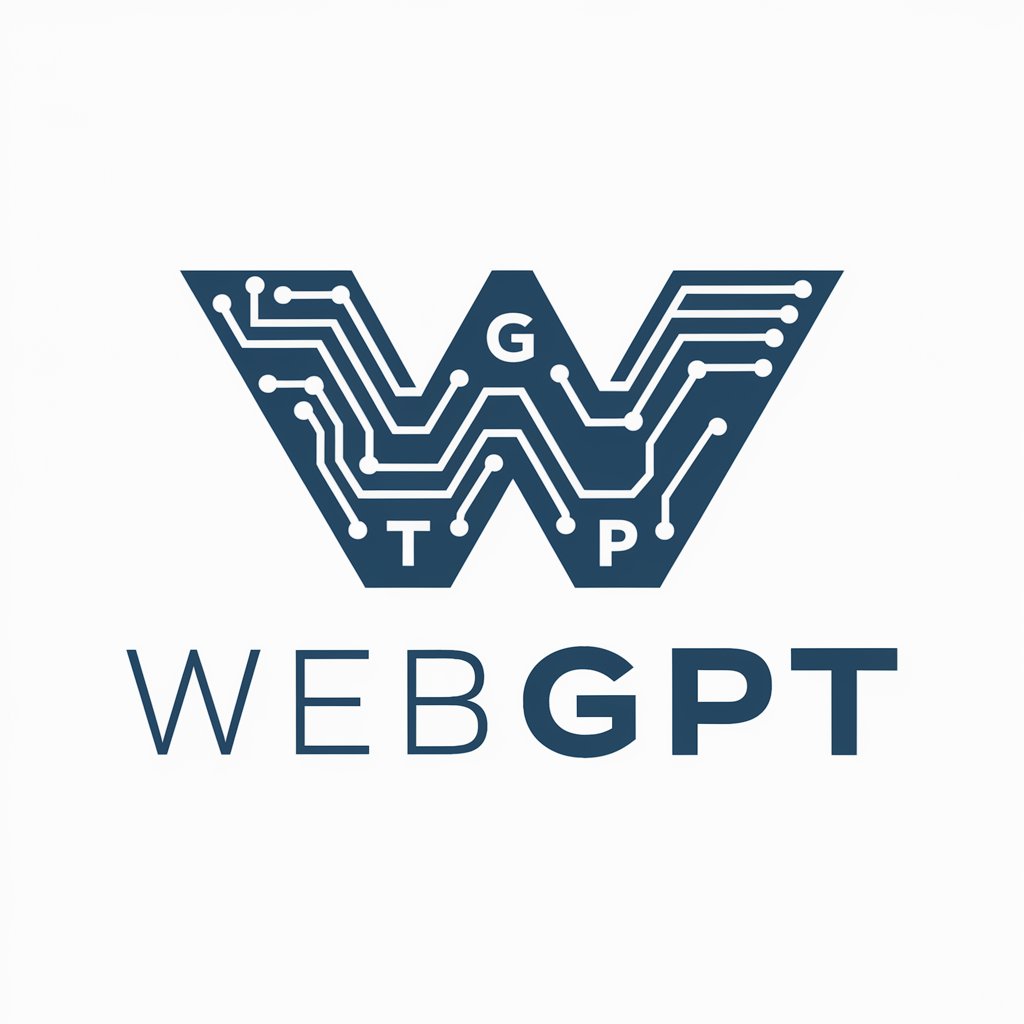
Hello! How can I assist you today?
Revolutionizing real-time AI assistance
Can you help me find the latest information on...
What are the key points of...
How does the current situation with... look?
Can you provide a summary of the recent updates on...
Get Embed Code
Understanding WebGPT
WebGPT is a specialized adaptation of the GPT (Generative Pre-trained Transformer) model, designed to interface directly with the internet through browsing capabilities. Unlike traditional language models which rely solely on pre-existing knowledge up to their last training cut-off, WebGPT can fetch, analyze, and synthesize information from the web in real-time. This capability allows it to provide up-to-date responses, access recent data, and even interact with web services to some extent. For example, if you're looking for the latest updates on a sports event, WebGPT can retrieve current scores or player statistics directly from recent sources. Its design purpose bridges the gap between static knowledge bases and the ever-evolving content of the internet, making it a dynamic tool for information retrieval and analysis. Powered by ChatGPT-4o。

Main Functions of WebGPT
Real-Time Information Retrieval
Example
Fetching the latest stock market trends.
Scenario
A user interested in the stock market can ask WebGPT for the current performance of specific stocks or market trends. WebGPT performs a live search and delivers the most recent data available online.
Up-to-Date News Reporting
Example
Providing the latest news on global events.
Scenario
For someone looking to stay informed about breaking news or recent developments in areas like politics, science, or sports, WebGPT can access and summarize the latest news articles, offering a comprehensive overview of current events.
Access to a Wide Range of Data
Example
Comparing product reviews for smart home devices.
Scenario
When a user is considering purchasing a new smart home device and wants to compare features, prices, and reviews, WebGPT can gather this information from various e-commerce and review sites, providing a detailed comparison to aid in the decision-making process.
Interactive Learning and Research
Example
Exploring educational content on specific historical events.
Scenario
Students or educators looking for detailed information on historical events can use WebGPT to compile sources, narratives, and analyses from various educational sites, offering rich content for learning or teaching materials.
Who Benefits from WebGPT?
Students and Researchers
Individuals in academic or research-oriented fields can utilize WebGPT's ability to source and synthesize information on a vast array of topics, aiding in literature reviews, data gathering for research papers, or simply acquiring knowledge on new subjects.
Professionals and Business Analysts
For professionals requiring up-to-the-minute information on market trends, competitor analysis, or industry news, WebGPT serves as an invaluable tool for informed decision-making, offering insights that are both current and comprehensive.
Casual Learners and Curious Minds
Anyone with a thirst for knowledge or the need to stay updated on various topics, from technology advancements to cultural events, will find WebGPT an effortless way to access the latest information without manually scouring multiple sources.

How to Use WebGPT
Start with a Trial
Visit yeschat.ai to explore WebGPT's features with a free trial, which requires no login or subscription.
Define Objectives
Clarify what you aim to achieve using WebGPT, such as improving your writing, generating code, or obtaining specific information.
Learn the Commands
Familiarize yourself with the commands and functionalities of WebGPT, such as generating text, browsing capabilities, or handling data queries.
Experiment and Iterate
Start with simple queries to understand the responses from WebGPT, then progressively integrate more complex instructions and feedback loops.
Monitor and Optimize
Continuously monitor the outcomes and adjust your queries and commands to optimize the accuracy and relevance of the responses from WebGPT.
Try other advanced and practical GPTs
10x WebGPT
Transform Designs into Code Instantly

Jester Bot
Bringing Laughter with AI!
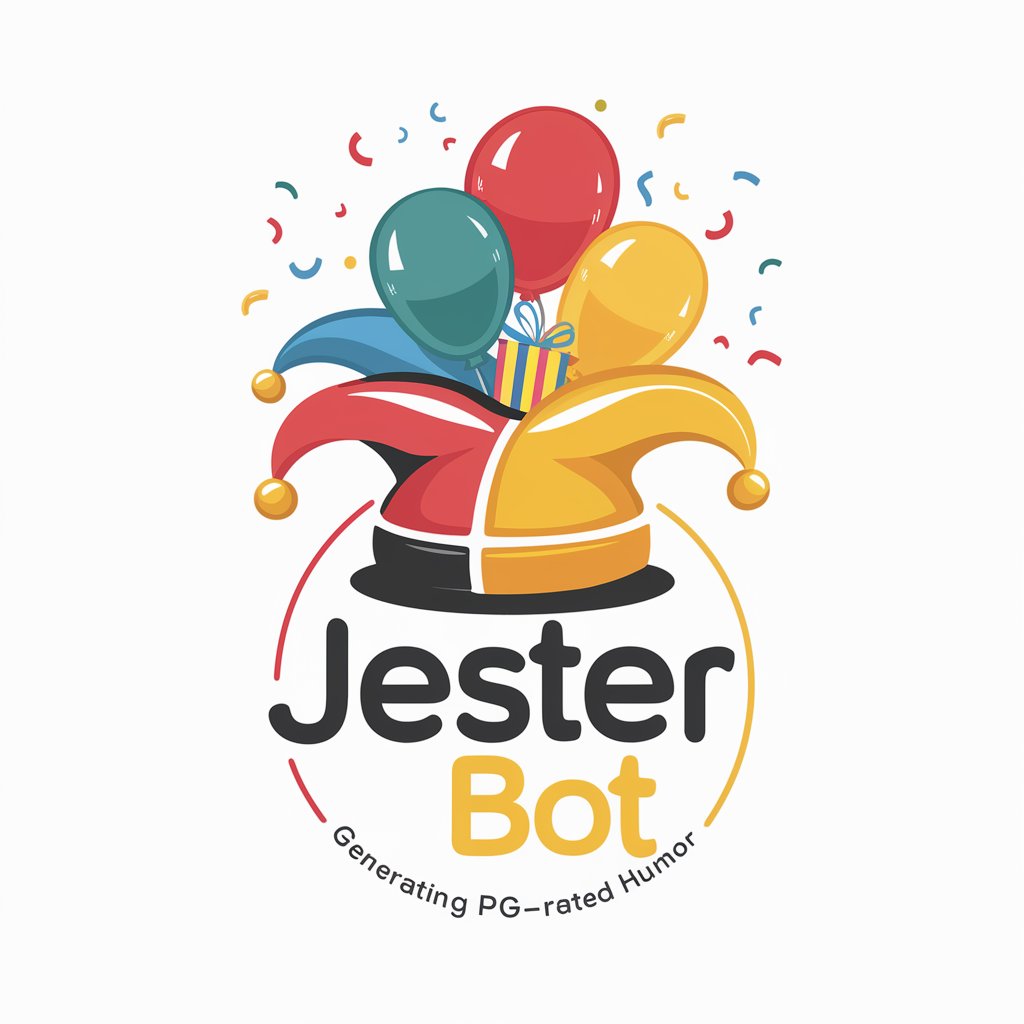
Political Psych Insight
Unveiling Political Minds with AI
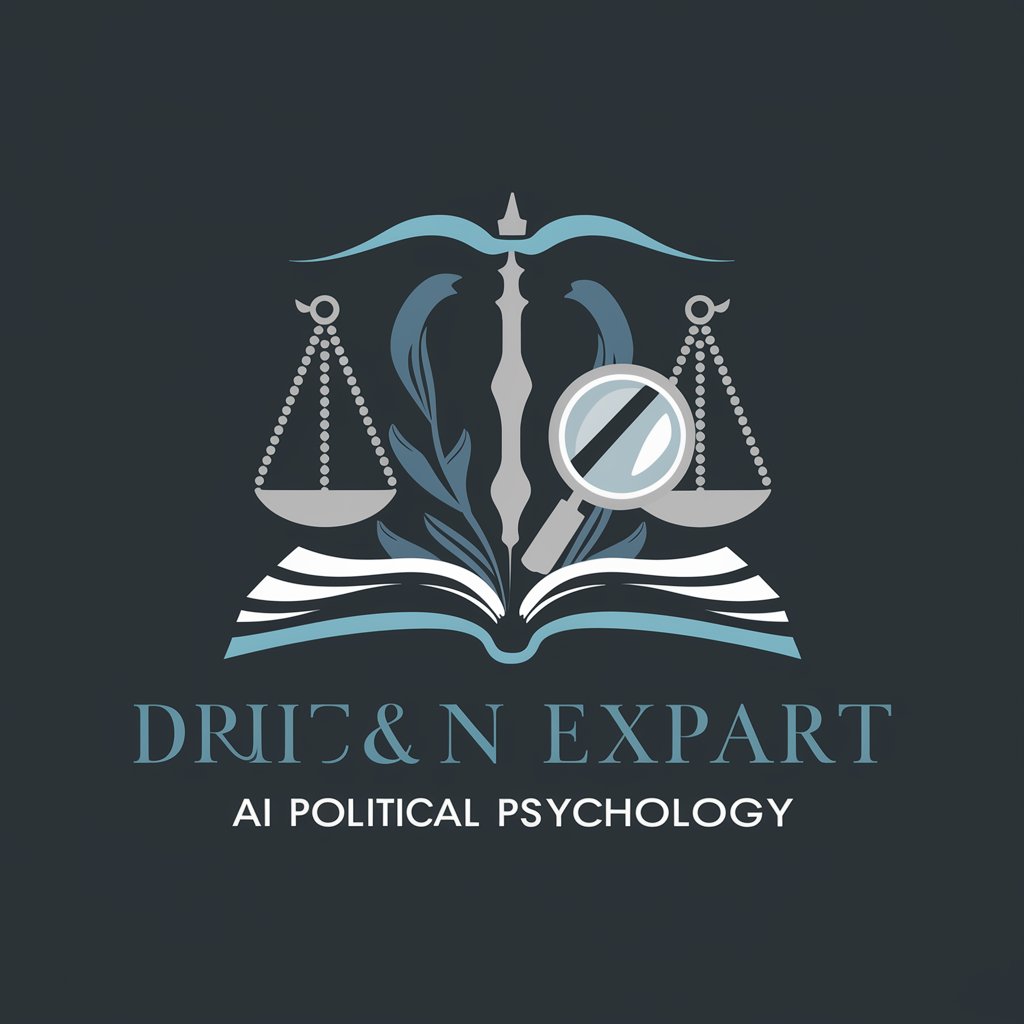
Legal Eagle
Your AI-powered legal assistant

Traffic Law Assistant
Navigate Laws Smartly with AI

DMV Traffic Lawyer
Navigate DMV traffic laws with AI-powered guidance.

WebGPT
Expert AI-powered .NET Core development assistant
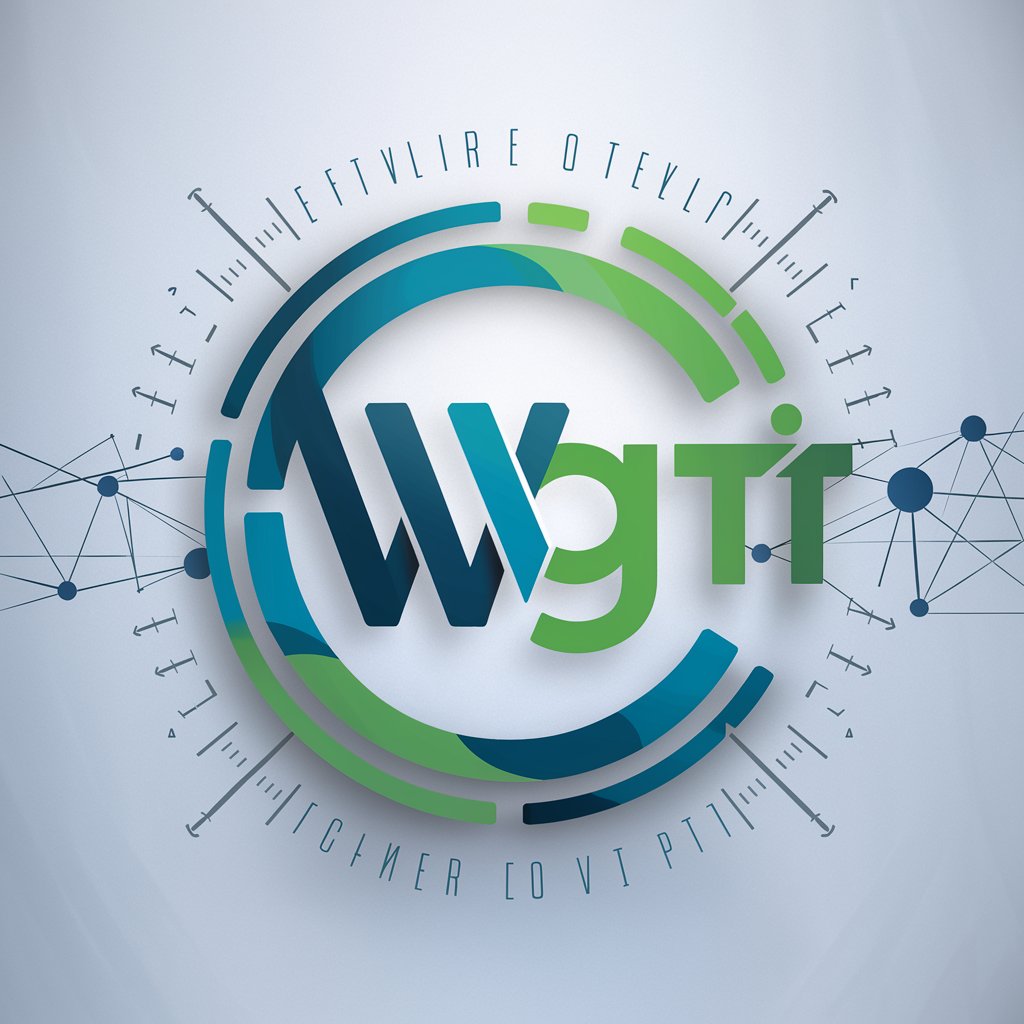
WebGPT
Empowering Decisions with AI Insights
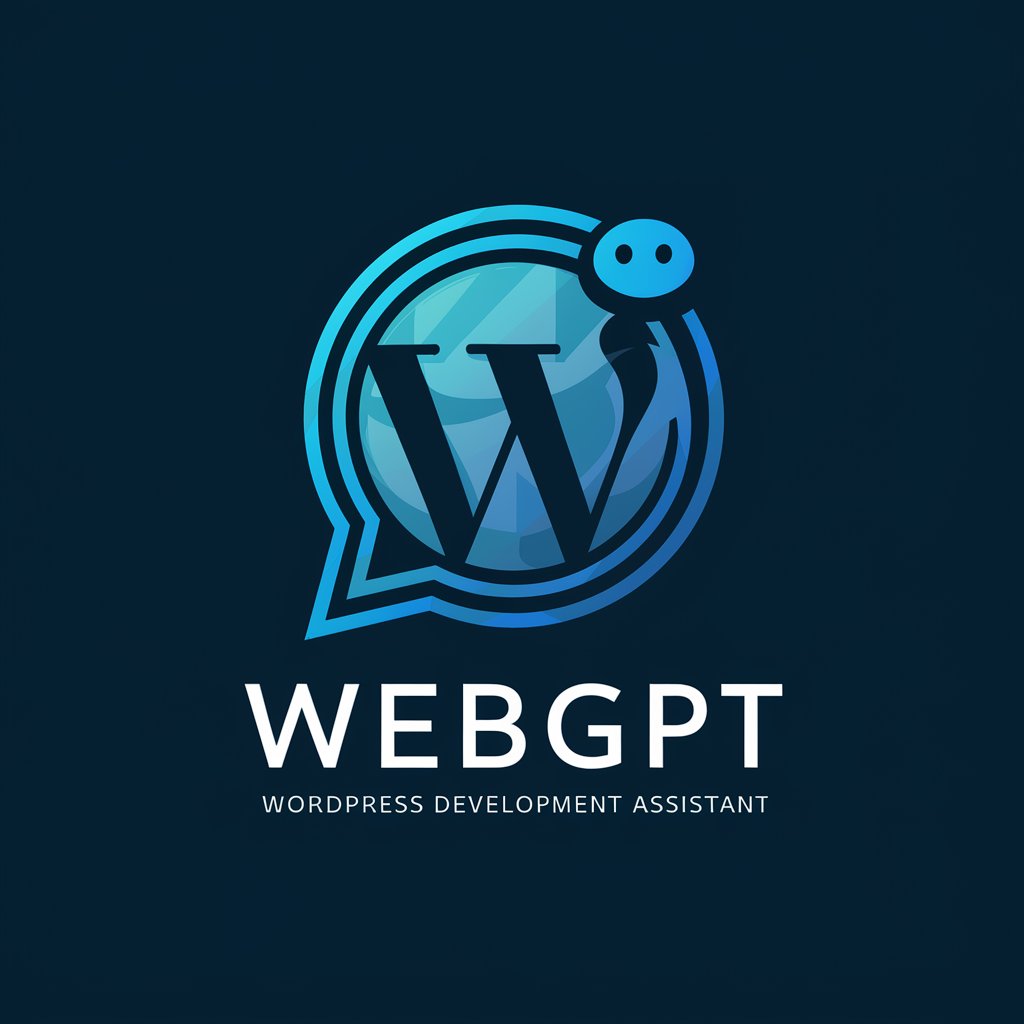
WebGPT
Empower Your Web Presence with AI
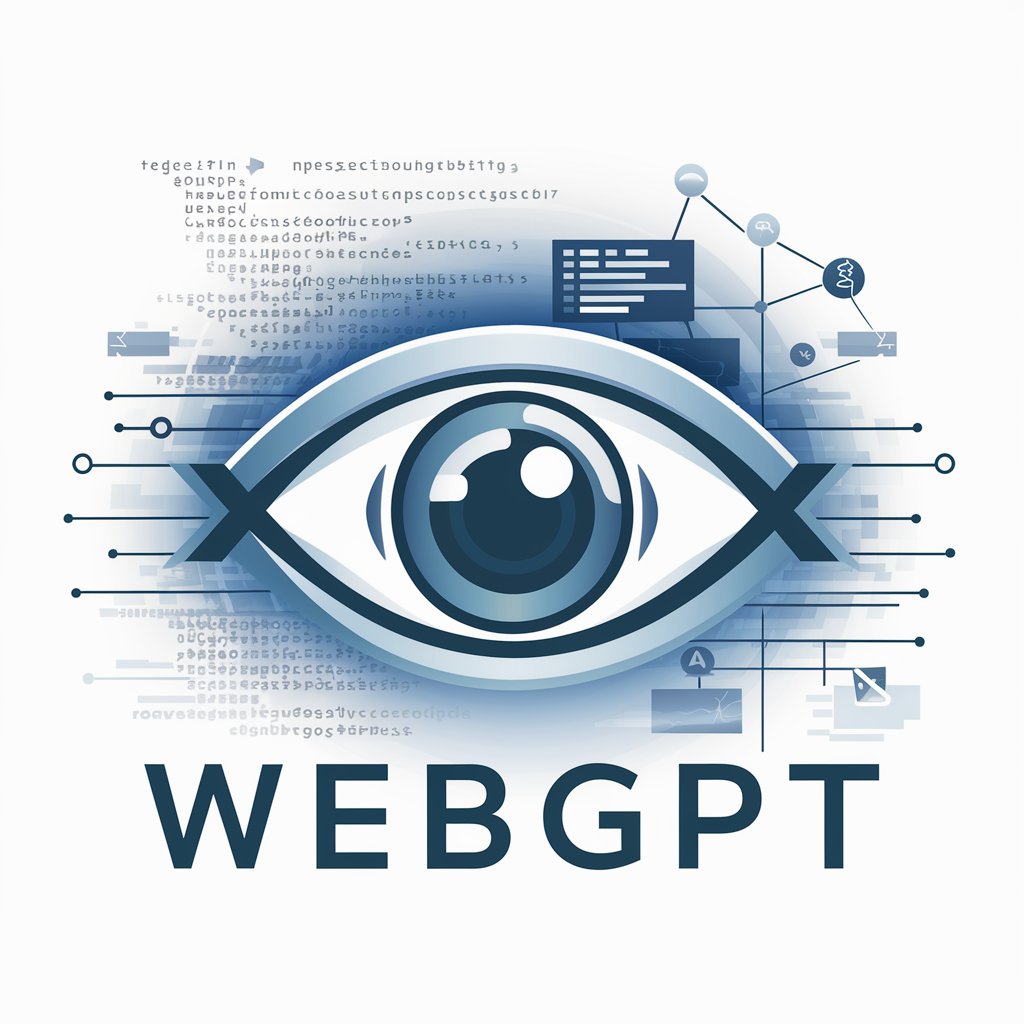
WebGPT - Genie Pro Tool
Optimize Your Web Experience
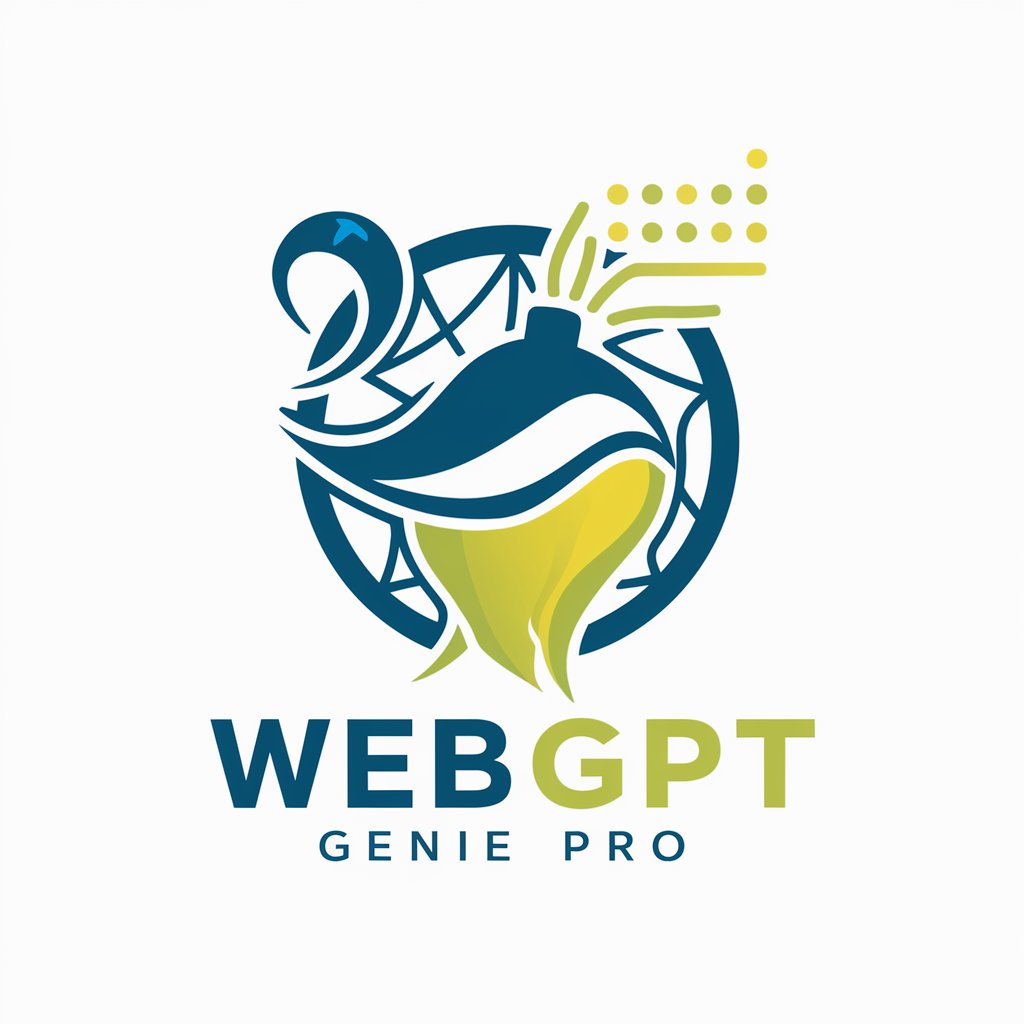
Web3GPT
Navigating Web3 with AI Power
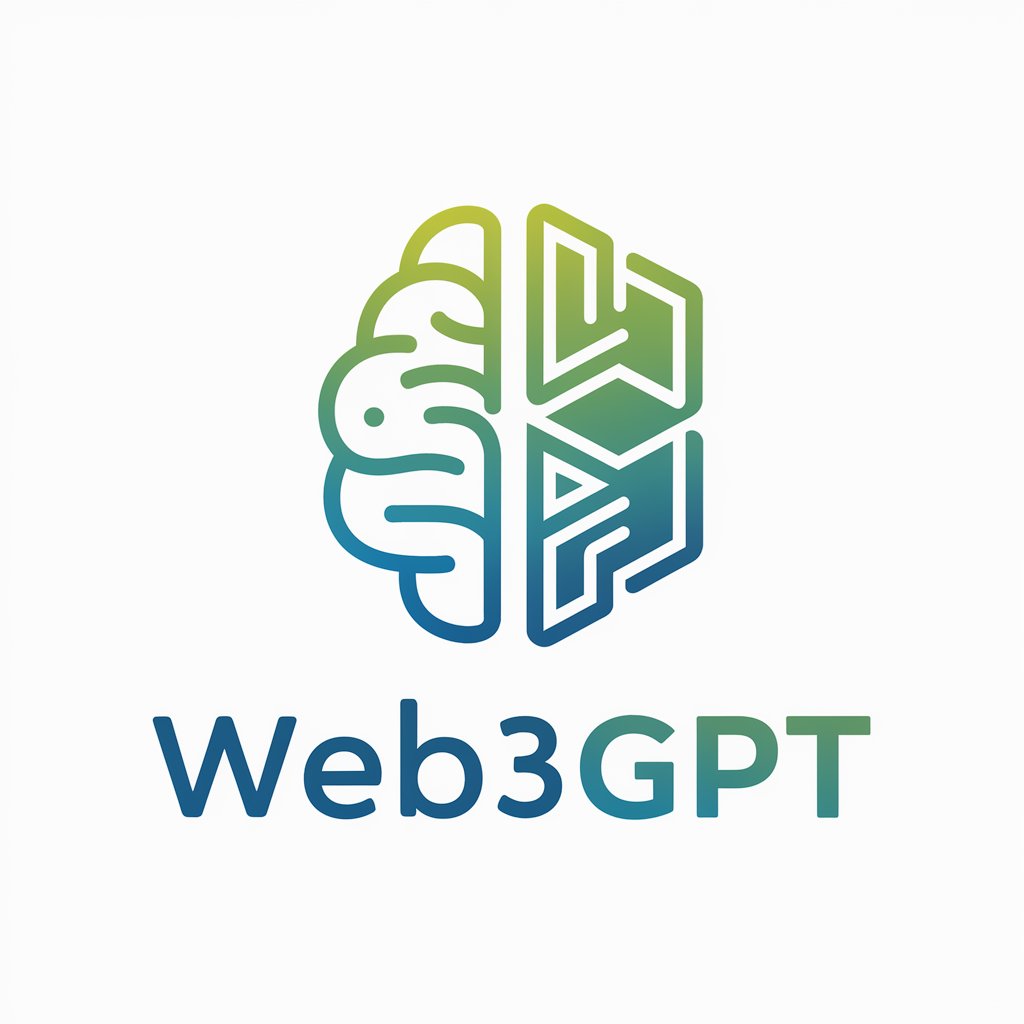
WebGPT
Powering Intelligence with AI Browsing
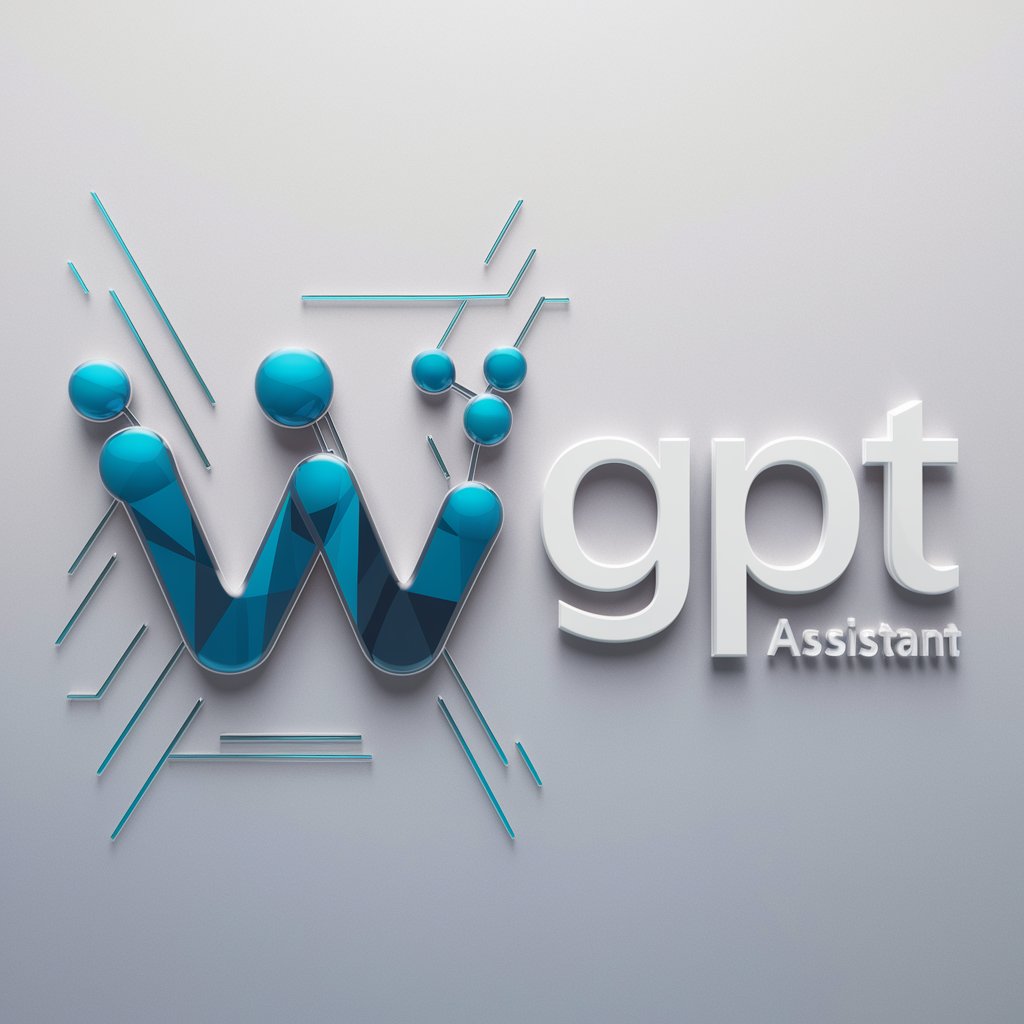
Frequently Asked Questions About WebGPT
What is WebGPT and how is it different from other AI models?
WebGPT is a specialized AI tool that integrates browsing capabilities with traditional language model functionalities. Unlike standard models, WebGPT can retrieve up-to-date information from the web to provide accurate and current responses.
Can WebGPT be used for academic research?
Yes, WebGPT is well-suited for academic purposes, providing capabilities to fetch recent studies, generate citations, and synthesize information into comprehensive summaries.
How secure is WebGPT when processing personal data?
WebGPT adheres to stringent data privacy protocols. It processes queries in real-time without storing personal information, ensuring user data is protected.
What are the limitations of WebGPT?
WebGPT may sometimes retrieve outdated or irrelevant information if not correctly directed. It's also dependent on the availability and accessibility of web sources.
How can businesses leverage WebGPT?
Businesses can use WebGPT for a variety of applications including content creation, market research, customer service, and automation of routine tasks, enhancing both efficiency and scalability.
